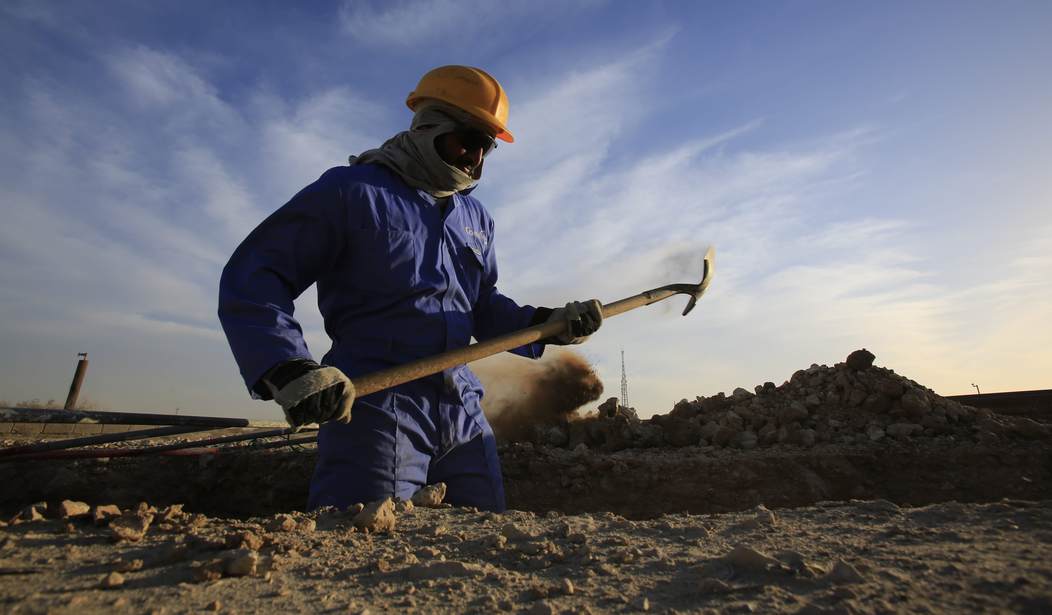Saudi Arabia might just bust OPEC by keeping its taps open, but right now the Kingdom’s main concern is strangling American shale production.
Read:
Markets had been expecting Opec to announce a new ceiling on production after last Friday’s meeting, but analysts at Barclays said the lack of any curbs in its announcement was a sign of discord.
“Past communiques have at least included statements to adhere, strictly adhere, or maintain output in line with the production target. This one glaringly did not,” they said.
Saudi Arabia needs oil prices of $100 a barrel to balance its budget, but as the world’s biggest exporter of crude it is gambling that the low price will knock out the threat posed by so-called unconventional supplies, such as shale.
The chief executive of Saudi Aramco, Amin Nasser, said at a conference in Doha on Monday that he hoped to see oil prices adjust at the beginning of next year as unconventional oil supplies start to decline.
In a sign that US production could dip, Baker Hughes’ November data showed US rig count numbers down month-by-month by 31 to 760 rigs.
The story also notes that “Venezuela, in particular, is thought to be suffering badly as a result of the drop in oil prices.” But that’s what happens when you’re a one-industry socialist country which has been neglecting to invest in that industry.
But here in America? The Saudis aren’t stupid, so they must understand that our shale oil isn’t going anywhere. Sure, a lot of wells will go offline at $40, even more at $30, and the fracking industry might nearly shut down at $20.
And then what? Oil prices will rise, and those shale wells will come back online.
Saudi Arabia has one big advantage. Its crude oil is plentiful, easy to get to, easy to refine, and cheap to transport. That lets Riyadh set a price floor far below anywhere that most anyone else can make a profit.
American shale oil is also plentiful, but it’s much harder to get to, harder to refine, and more expensive to transport. But there’s so dang much of it that our frackers can set a price ceiling far below OPEC’s salad days of $100-plus crude.
Thanks to the cutthroat capitalism practiced in this country, new extraction methods bring that ceiling lower. Fracking once required $100 oil to make a profit. Now some producers can go as low as $50. And that number will continue to shrink.
Until and unless the Saudis can convince Washington to hobble American frackers by law — and don’t think the Democrats haven’t tried and won’t try again — then OPEC’s salad days aren’t coming back for a very long time, or maybe ever.










Join the conversation as a VIP Member